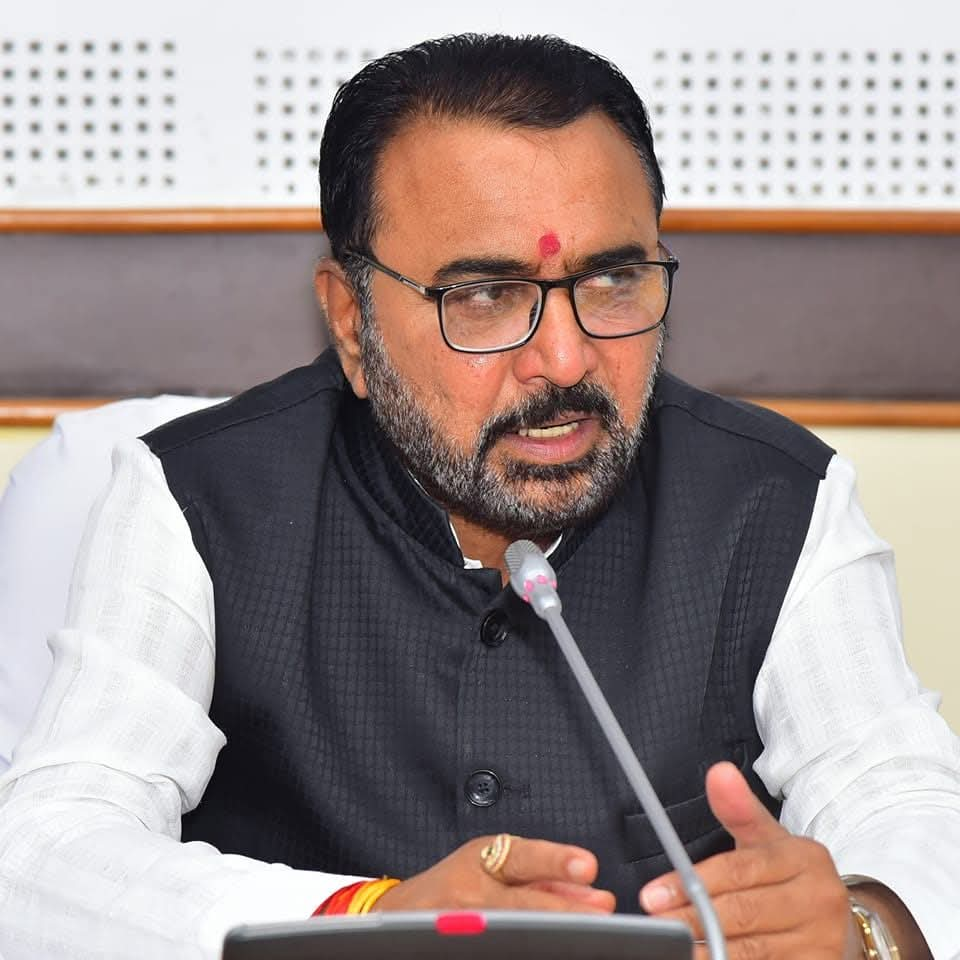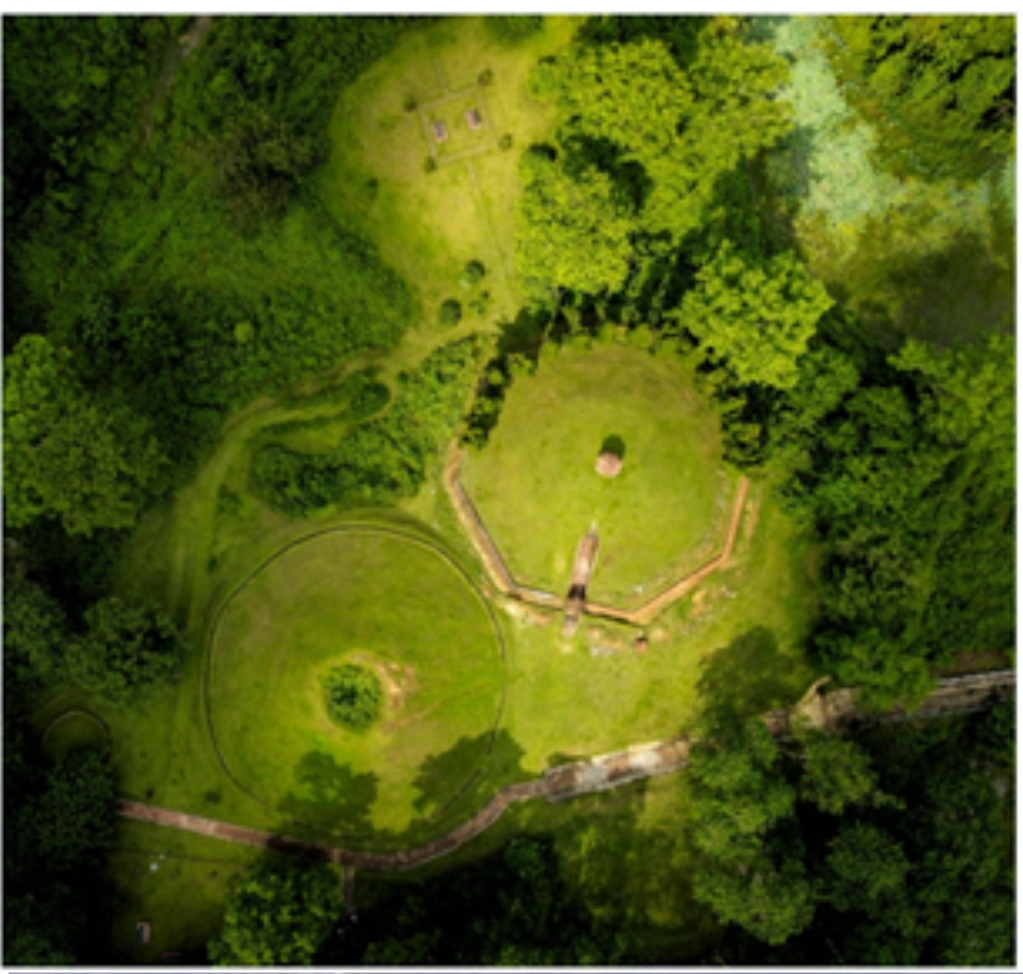WHO Global Traditional Medicine Centre in Jamnagar to Promote Wellness and Research in Traditional Healthcare.
New Delhi:
The World Health Organization (WHO) has further strengthened its collaboration with the Ministry of Ayush, marking a significant step in the global recognition and advancement of traditional medicine. This partnership aims to enhance the quality, safety, and accessibility of traditional healthcare systems through evidence-based research, training, and awareness. As part of this initiative, the WHO Global Traditional Medicine Centre (GTMC) has been established at the Institute of Teaching and Research in Ayurveda (ITRA) in Jamnagar, Gujarat, which will serve as a center of global wellness and a hub for research in Traditional, Complementary, and Integrative Medicine (TCIM).
Union Minister of State for Ayush, Prataprao Jadhav, revealed in a written reply in the Lok Sabha that the collaboration with WHO includes the signing of 3 Project Collaboration Agreements (PCAs) since 2016, reaffirming India’s commitment to promoting scientific research in traditional medicine. The agreements are part of a long-term effort to elevate the global profile of traditional healthcare systems and foster international cooperation in this sector.
The WHO Global Traditional Medicine Centre at Jamnagar will be the first-ever global outposted centre for traditional medicine. Its objectives include providing leadership on global health matters related to traditional medicine, developing norms and standards for traditional healthcare systems, and creating data banks and virtual libraries to support ongoing research. The centre will also play a critical role in the development of capacity-building and training programs to strengthen the global infrastructure for traditional medicine, including through web-based and residential training programs.
Additionally, the collaboration between the Ministry of Ayush and WHO will see the deployment of Indian Ayush experts to WHO offices, including an expert at the P-5 level in Geneva and a Technical Officer at the P-4 level at WHO’s South East Asia Regional Office (SEARO).
The establishment of this centre marks a major milestone in the global promotion of India’s traditional medicine systems, notably Ayurveda, Yoga, and other AYUSH practices, placing them on the global stage. This initiative aligns with the Indian government’s broader vision to ensure the safety, efficacy, and rational use of traditional medicine while also addressing global health challenges.
The WHO Global Traditional Medicine Centre in Jamnagar will act as a crucial player in shaping the future of traditional healthcare systems worldwide, helping establish comprehensive standards for data collection, analytics, and impact assessment. It will also work towards making traditional medicine more accessible to people worldwide, enhancing its credibility through scientific research and international collaboration.
This collaboration is seen as a key step towards bridging modern healthcare with traditional practices, fostering a holistic approach to health and wellness.


